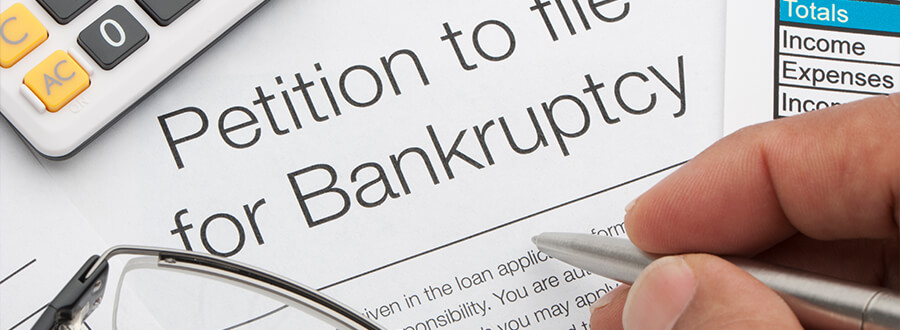Key Points
- There are alternatives to bankruptcy that have less of an impact on both your credit score and your finances.
- Most consumers do not qualify for the discharge of all debts under a Chapter 7 Bankruptcy, and those who do qualify could be left with a substantial amount of their debt to repay.
- Unless you meet the income “means test” to qualify for a Chapter 7 Bankruptcy, sometimes called a liquidation bankruptcy, you must repay your creditors under court supervision.

Congress established bankruptcy as a lifeline to consumers who were unable to repay debts due to financial hardship; a financial do-over, so to speak. Over the years, modifications of the rules governing how bankruptcies are handled make it harder to qualify for the discharge of debts. Before concluding the bankruptcy is your only option, consider some of the little-known facts about filing for bankruptcy.
- It is Expensive: The cost of filing for bankruptcy varies by state. According to Debt.org, the average cost to file for bankruptcy is $335 for a Chapter 7 and $310 for a Chapter 13. This figure includes filing and administrative fees. Attorney costs average $1,072 and $2,564 for a Chapter 7 and Chapter 13 respectively. Having a lot of creditors, multiple sources of income, or the presence of non-dischargeable debts, such as student loans, will drive up the cost of discharging your debt in bankruptcy.
- You Own Assets: There are primarily two types of personal bankruptcy, Chapter 7, sometimes referred to as a liquidation bankruptcy, and Chapter 13, called a reorganization bankruptcy. In Chapter 7, the court trustee will liquidate (sell) all of your non-exempt assets to repay debtors before approving a discharge. If you own assets, particularly titled assets, such as a home or vehicle, you may not want to lose these to bankruptcy. The court trustee will decide which assets you may retain.Chapter 13 requires you to repay creditors over five years but allows you to keep assets like your home and vehicle, provided you can maintain the payment schedule.
- You Might Not Qualify for Chapter 7: To qualify for a Chapter 7 must pass an income means test. The first step requires a review of your total monthly income. When monthly income is above the median income for your state based on household size, you must determine your disposable income. Earning too much or having disposable income, by the court’s standards, will disqualify you from filing a Chapter 7. Median income can be as low as $43,000, depending on where you live.If you do not pass the means test, the petition will convert to a chapter 13 bankruptcy, requiring you to repay some or all your debts under court supervision over five years.
- Chapter 7 does not eliminate all debts: Congress set aside 19 categories of debt that bankruptcy will not discharge. However, there are a few exceptions under extraordinary circumstances. Debts such as taxes, child support, personal injury debts, and student loans are a few obligations courts do not discharge in bankruptcy.
- Impact on your credit: A bankruptcy remains on your credit report for up to ten years for a Chapter 7 and 7 years for a chapter 13 from the discharge. In addition to being reported on your credit file, you must attest to filing bankruptcy on applications such as mortgage applications and employment applications and applications for military or law enforcement service for the rest of your life. A bankruptcy could make it harder to rent an apartment, buy a home, or get a job, even if the bankruptcy has been discharged and removed from your credit report.
Bankruptcy, debt settlement, and credit counseling are the three primary options to deal with high levels of unsecured debts. Before you allow the courts to take control of your finances through the bankruptcy system, consider the alternatives. In bankruptcy, a judge determines what assets you have a right to keep. Debt settlement gives you more control over the debt elimination process and allows you to preserve more of your assets and begin to restore your credit score much sooner.
